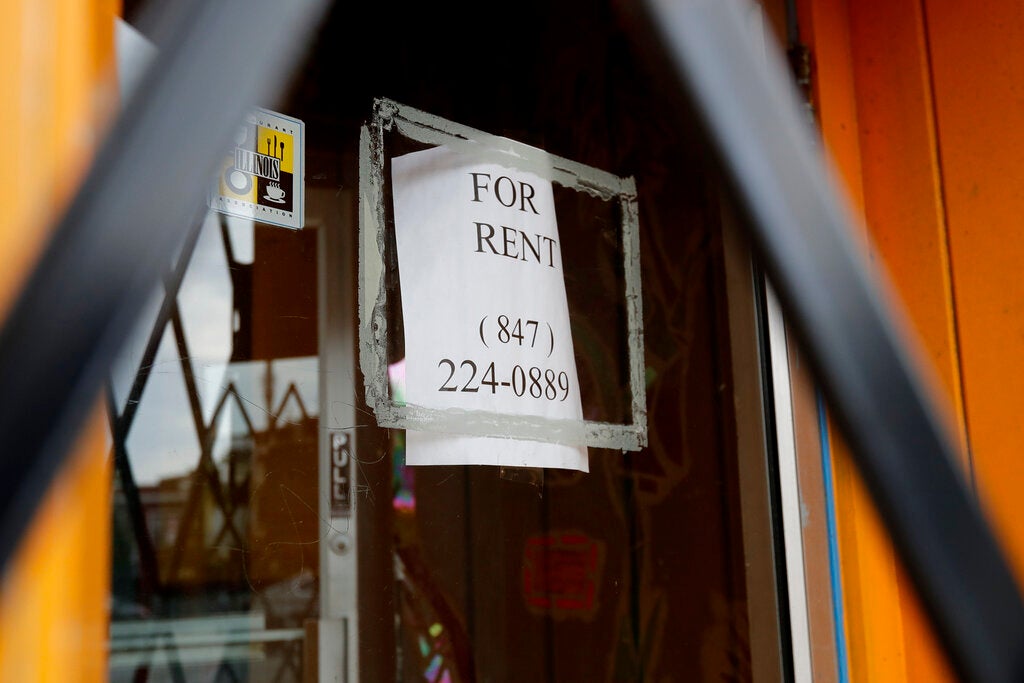A census survey that researchers use to assess anti-poverty programs will be done just once a year, now. The change won’t directly affect those who get food stamps, use public housing or get the Earned Income Tax Credit, but it’s expected to save the government money.
Most Americans don’t know what the acronym SIPP stands for, but it’s familiar to census workers and population researchers. The Census Bureau’s Survey of Income and Program Participation provides data about America’s well-being and participation in welfare programs.
Tim Smeeding directs the Institute for Research on Poverty on the UW-Madison campus. He says the SIPP helps answer questions like these:
Stay informed on the latest news
Sign up for WPR’s email newsletter.
“Do people stay on FoodShare a long time or are they only on it a short period while they’re unemployed? SIPP is how we understand this nationwide,” Smeeding said. “It’s very important we have this information, because there’s no other place to get it.”
Smeeding says the institute is currently doing a study using SIPP data. It looks at how income support programs have affected foreclosure rates.
“If you’re receiving FoodShare or (the) Earned Income Tax Credit you’re in trouble: you’re going to lose your house. That’s not enough to keep you in your house,” Smeeding said.
But the study finds those who receive Social Security, disability or long term unemployment benefits are more likely to afford mortgage payments.
“Those people, we find, stay in their homes because they have enough support to both feed their families and also continue to pay their mortgage or come to some accommodation,” Smeeding said.
The U.S. Census Bureau is collecting SIPP data February through May. It will now be done just once a year instead of each every four months, saving time for those taking the survey and saving federal dollars.
Wisconsin Public Radio, © Copyright 2024, Board of Regents of the University of Wisconsin System and Wisconsin Educational Communications Board.





